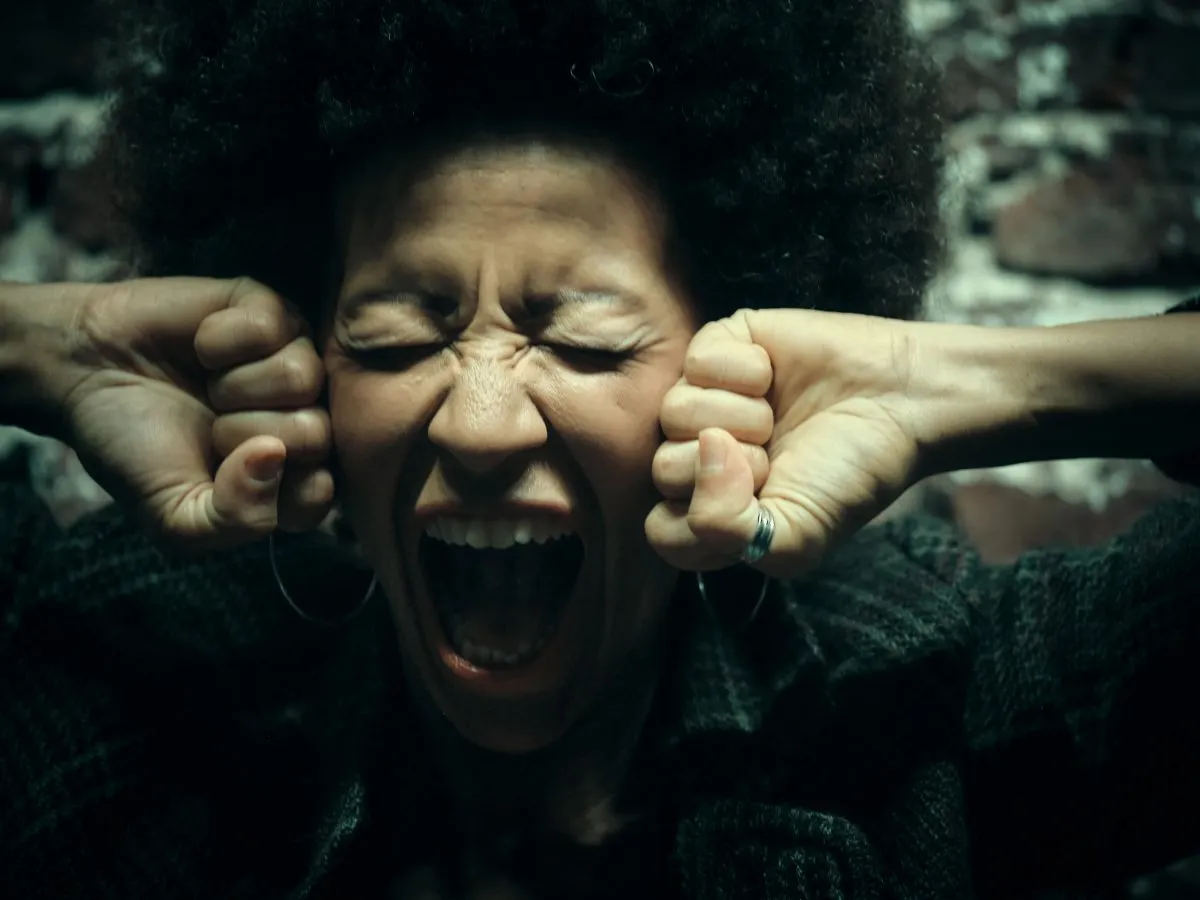If You Have Noisy Air Vents, Here’s What to Do
It’s normal to hear some noise coming from your air vents when the HVAC system is running. If the usual noise volume increases, or you start to hear flapping, rattling or high-pitched sounds from the supply vents, return grilles or ceiling diffusers, it’s likely due to an increase in pressure caused by airflow restrictions somewhere …

